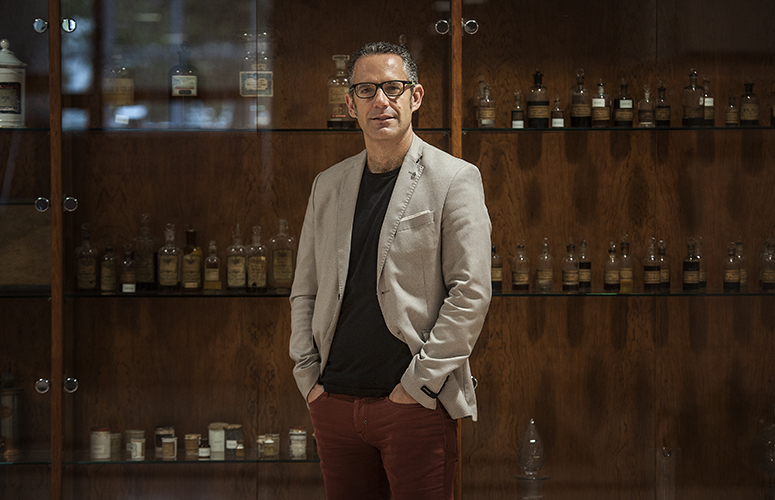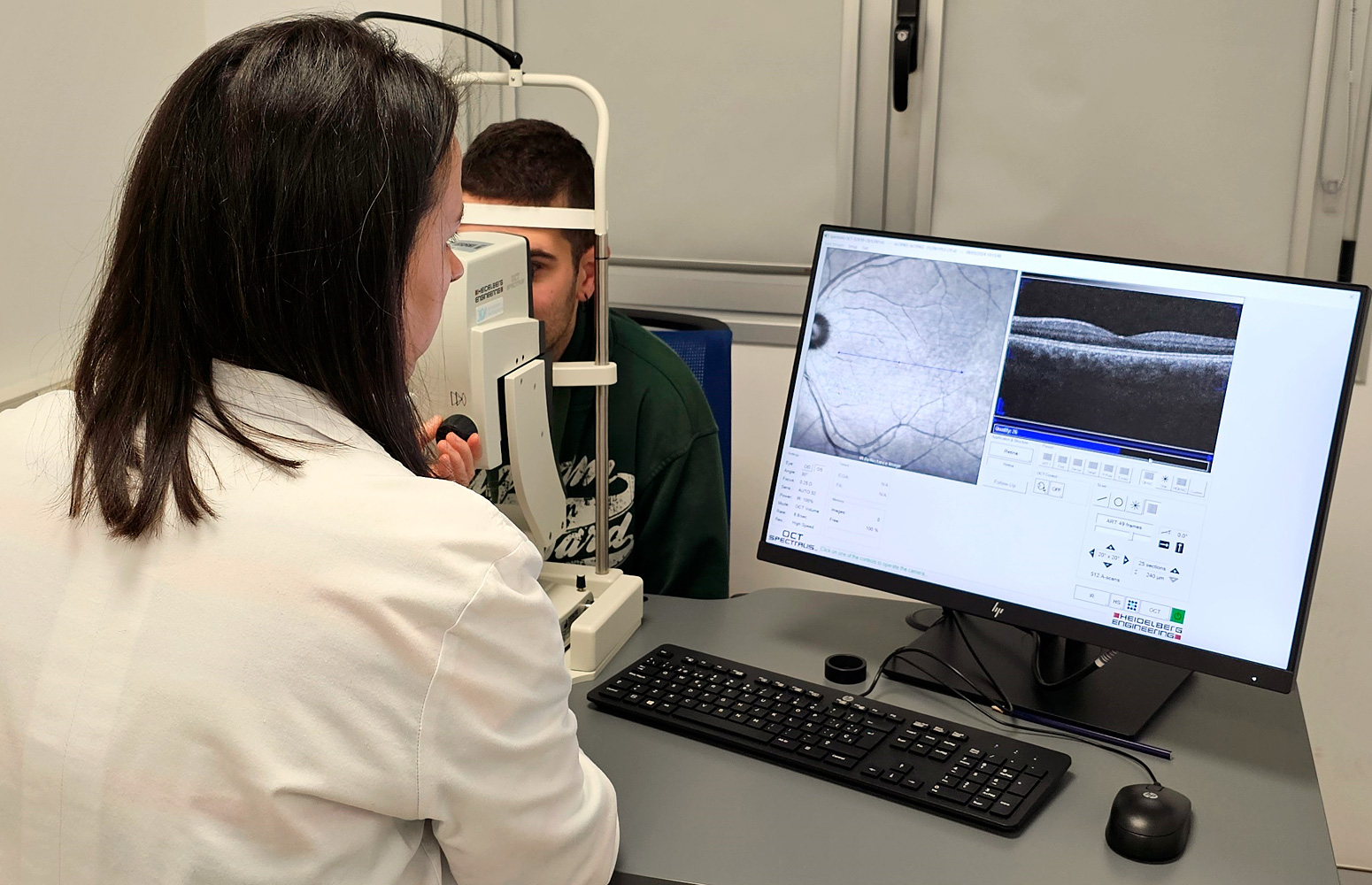The front page of the latest issue of the journal Drug Discovery Today starts with an article by the UPV/EHU professor Gorka Orive; it analyses the current increase in antibiotic resistance, its impact on the health of the population and the most significant advances in preventive measures and development of new drugs. This year antibiotic resistance will bring about the death of 26,000 people in Spain after they are infected by microorganisms that do not respond to current drugs.
Making society aware is crucial in combatting the increasing antibiotic resistance
A UPV/EHU-University of the Basque Country professor has analysed the impact of this problem which is expected to bring about the death of 26,000 people in Spain this year
- Research
First publication date: 16/09/2019

The journal Drug Discovery Today has recently published an article by the UPV/EHU professor Gorka Orive together with the team led by Taleb H Al-Tel, professor at the University of Sharjah, United Arab Emirates. The work explores antibiotic resistance and the spread of bacteria resistant to last-resort antibiotics (powerful antibiotics used when all the rest are not effective). The analysis was selected to lead the editorial in the latest issue of this prestigious journal.
In the article (‘Superbugs but no drugs: steps in averting a post-antibiotic era’) the authors explain the various reasons that are driving the increase in antibiotic resistance, including overprescribing, inappropriate use by patients and hospital infection. Hospitals are in fact the main focal points of expansion that have fostered the spread of bacteria resistant to last-resort antibiotics.
The quest for new therapeutic candidates is essential in tackling this problem. Some of these advances have already been turned into potential antimicrobial candidates, such as those resulting from the study of insect microbiota or teixobactin, which could be marketed shortly, or the recent malacidins found in numerous soil samples and which have succeeded in annihilating Gram-positive bacteria in rats.
“Society and patients in particular need to be made aware of the consequences of these resistances, but it is equally vital to lower the risk of hospital spread,” explained Gorka Orive. “The quest for new antibiotics as well as imaginative alternatives for them will be essential when it comes to controlling this public health problem.”
This year antibiotic resistance will bring about the death of 26,000 people in Spain after they are infected by microorganisms that do not respond to current drugs, according to a report by the Spanish Society for Infectious Diseases and Clinical Microbiology (SEIMC).
Additional information
Dr Gorka Orive belongs to the NanoBioCel research group at the UPV/EHU’s Laboratory of Pharmacy and Pharmaceutical Technology which, in turn, is a member of the CIBER-BBN platform (Biomedical Research Networking Centre in Bioengineering, Biomaterials and Nanomedicine). He is also a lecturer at the University Institute for Regenerative Medicine and Oral Implantology, he collaborates with the University of Sharjah (UAE) and is senior adjunct researcher at the Singapore Eye Research Institute (SERI). He has over 250 scientific publications and an H index of 59 (google scholar).
Bibliographic reference
- Superbugs but no drugs: steps in averting a post-antibiotic era
- Drug Discovery Today (August 2019)
- DOI: 10.1016/j.drudis.2019.08.004




